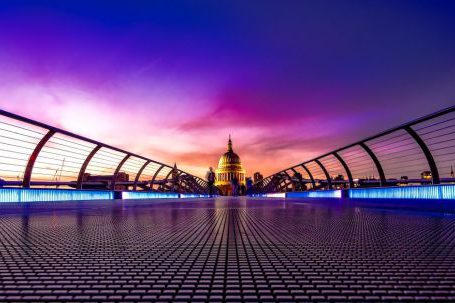A celebration of culture, music, and joy, carnivals have been a part of human tradition for centuries. These lively and colorful events captivate the senses and transport participants to a world of fantasy and excitement. From the famous Rio Carnival in Brazil to the vibrant Mardi Gras in New Orleans, carnivals are an integral part of many cultures around the world. In this article, we will dive into the vibrant world of carnivals, exploring their origins, traditions, and the reasons why they continue to enchant people from all walks of life.
A Historical Tapestry
Carnivals have a rich history that dates back to ancient times. The word carnival itself is derived from the Latin word “carnelevare,” meaning “to remove meat.” This refers to the period of indulgence and revelry that takes place before the Christian season of Lent, a time of fasting and abstinence. The earliest recorded carnivals can be traced back to ancient Rome, where the festival of Saturnalia marked the end of the harvest season with feasting, drinking, and merriment.
A Cultural Kaleidoscope
Carnivals have evolved over time to incorporate the unique traditions and customs of different cultures. From the elaborate costumes of the Venetian Carnival to the rhythmic beats of the Trinidad and Tobago Carnival, each celebration offers a glimpse into the cultural identity of its participants. The vibrant colors, intricate masks, and flamboyant floats create a visual spectacle that is unrivaled in its grandeur.
The Rhythm of the Streets
One of the defining features of carnivals is the music that fills the streets. From samba in Brazil to calypso in the Caribbean, the infectious beats and melodies of carnival music are impossible to resist. The rhythmic drumming and energetic dance moves create an atmosphere of pure exhilaration, encouraging everyone to let loose and join in the festivities. Whether you are a seasoned dancer or have two left feet, the spirit of the carnival will sweep you off your feet.
A Sense of Unity
Carnivals are not just about extravagant costumes and lively music; they also foster a sense of community and unity. People from all walks of life come together to celebrate, transcending social, cultural, and economic barriers. The shared experience of joy and celebration creates a bond that unites people in a way that few other events can. In a world that often feels divided, carnivals remind us of our common humanity and the power of collective celebration.
Preserving Traditions
While the modern-day carnivals may have evolved with the times, there is a strong emphasis on preserving traditions. Many carnival celebrations feature age-old rituals and customs that have been passed down through generations. These traditions serve as a link to the past and pay homage to the ancestors who started these festivities. By honoring the past, carnivals ensure that cultural heritage is not forgotten and continue to be a vibrant part of our present.
Conclusion: A World of Color and Celebration
Carnivals are a testament to the human spirit and our innate desire to celebrate life. They are a vibrant tapestry that weaves together history, culture, and community. Whether you find yourself in the streets of Rio de Janeiro, the canals of Venice, or the heart of New Orleans, the world of carnivals is a captivating journey that will leave you with memories that last a lifetime. So, don your most colorful attire, embrace the rhythm of the streets, and allow yourself to be swept away by the magic of the carnival.



